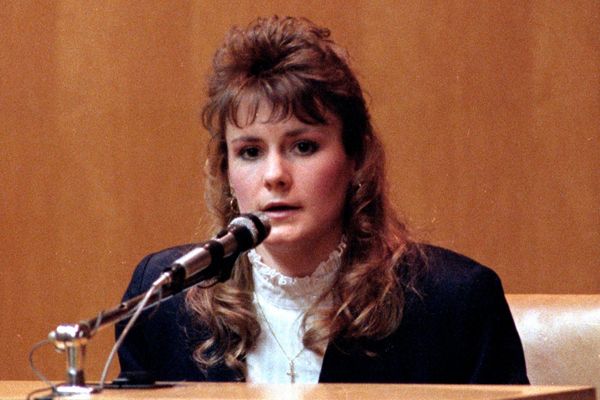
CREDITORS of Catherine Henry Lawyers who are owed millions of dollars from the high-profile firm have voted unanimously for a deal that the administrator believes would deliver them a substantially better outcome than a formal liquidation process.
Under a Deed of Company Arrangement (DOCA), recommended by joint administrators Hayden Asper and Bradd Morelli, of Jirsch Sutherland, employee entitlements are to be paid in full and earlier, than what would happen in a liquidation scenario and the return to unsecured creditors would be 77 per cent, compared to 55 per cent.
Director Catherine Henry called in the administrators last month due to cashflow concerns, leaving creditors and 31 employees with an uncertain future.
On Jirsch Sutherland's appointment, the administrators started an assessment process that resulted in the legal firm making 10 staff redundant due to a restructure.
This involved the firm cutting some areas of service, including wills and estates and medical device claims.
It's estimated the firm owes $3.5 million, with the majority of the debt, or $2.1 million, owed to the tax office.
Outside of the tax debt, other creditors were paid within normal trading terms.
According to a report to creditors, "work in progress" at the firm was valued at $4.4 million, which would drop to between $2.3 million and $2.9 million if the firm was liquidated.
"Over the course of four years prior to our appointment the company accrued a tax debt in respect to its running balance account and income tax which it did not have sufficient liquid funds to pay as and when it fell due... ," the report reads.
"The company has consistently had overdue taxes, with the ATO liability accruing since at least May 2020.
"The company's payroll tax obligations appear to have been kept up to date, as have payments in respect of employee superannuation."
The firm's creditors voted on Monday to accept the deal, which includes Ms Henry agreeing to a $100,000 a year pay cut starting from August.
The plan also includes the creation of a creditors' trust which will guarantee their rights to the proceeds from the firm's revenue.
Starting from August, 15 per cent of the firm's monthly cash receipts of professional fee revenue will be placed in the trust until $2 million is accrued.
It's estimated unsecured creditors will have to wait about two years before their debts are paid out.
In recommending the agreement, the administrators told creditors the firm was expected "to operate as a going concern and maintain payment of all future taxation obligations as and when they fall due".
"We have reviewed the director's estimated cash flow and trading budget for the DOCA/Creditors' Trust period and advise that the company is projected to make a profit during this period," the report reads.
"The cash flow and trading budgets have been carefully prepared by the company in consultation with the external accountant. Based on the information provided, we are satisfied that the company has capacity to make the proposed contributions."
The report reveals Ms Henry injected personal funds of about $500,000 into the firm this financial year.
Joint administrator Mr Asper said the firm would soon exit administration and be handed back to Ms Henry, which he described as "a great outcome".
"It enables the company to now move forward and continue to operate in a more agile manner," he said.
Ms Henry said on Friday that the firm voluntarily went into administration to assist dealing with temporary cash flow issues and to restructure.
"I've had a lot of support through the process - particularly from my staff and clients," she said.
"We continued operating through the process and there was no impact on the work we do for our clients.
"We emerge with a stronger business continuing to offer clients in the Hunter and throughout NSW with the highest quality legal services."
Ms Henry, a specialist medical and aged-care lawyer with more than 30 years experience, started the Newcastle-based firm in 2009.
Prior to starting Catherine Henry Lawyers, she ran the health litigation practice at Sydney firm Craddock Murray & Neumann.
When Ms Henry relocated to her hometown in 2002, she started a Newcastle office of the firm, which she later merged with Hunter-based personal injury firm, King Street Lawyers, which she co-owned.
In 2009, she took over the practice and created Catherine Henry Lawyers.
Ms Henry is the daughter of former Newcastle councillor and prominent activist Margaret Henry, who died in 2015.
Previous winners of the Australian Lawyers Alliance (ALA) Civil Justice Award include Eddie Mabo, former prime minister Malcolm Fraser, Andrew Wilkie MP, and co-founder of the National Justice Project, George Newhouse.
The award recognises the dedication, commitment and perseverance of individuals and organisations to social justice and human rights in Australia.







